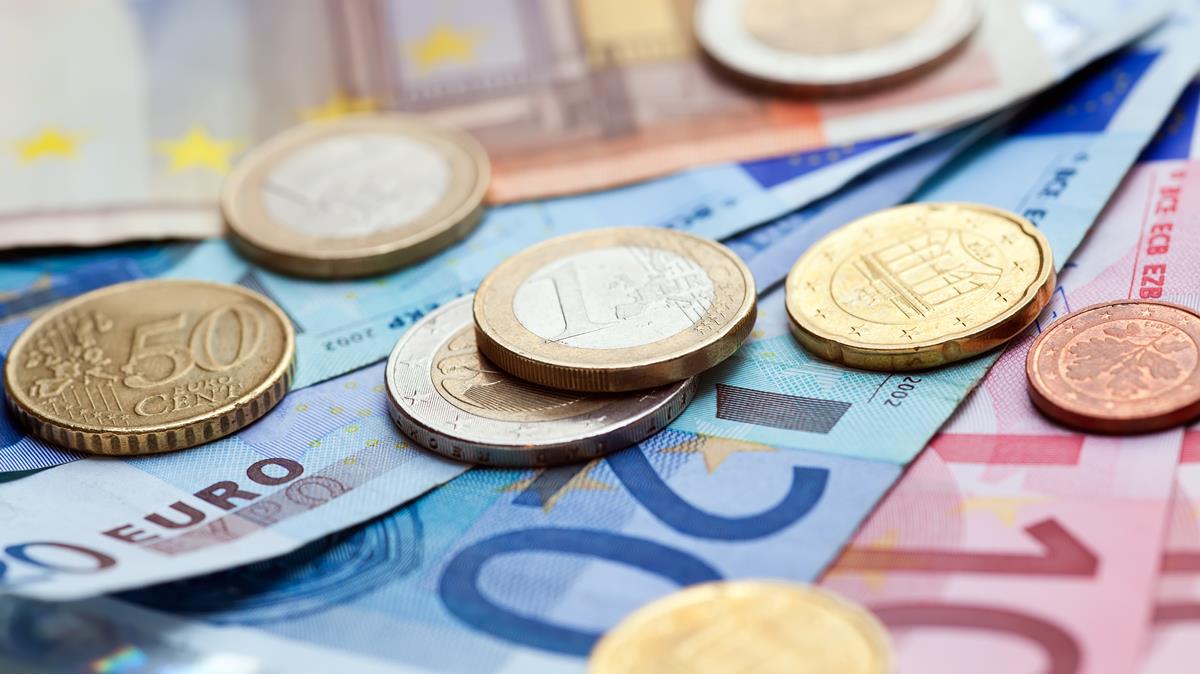Last week, the European Commission announced that Ireland would receive €11.1m of ring-fenced funding from its new €500m dairy package.
The funding also comes with the possibility of a 100% Government top up and the Department of Agriculture has a month to figure out how the money will be spent.
Member States can only use the funding for measures that contribute to ‘market stabilisation by freezing or reducing production’.
This means a once-off payment to farmers, as was paid out under the last dairy package, will not be allowed. Countries can also use the funding for all livestock sectors, except pigs.
It is understood Member States are coming under some pressure from the Commission for this money to further augment the €150m Voluntary Milk Reduction Scheme fund.
Initial speculation surrounding the use of the new funding includes a fund for low-interest loans to facilitate cash flow for viable enterprises with debt issues.
The Minister for Agriculture is already considering including Financial Instruments (FIs) in Ireland’s 2014-2020 Rural Development Programme (RDP).
Financial instruments can take the form of loans, guarantee funds or equity investments and currently the funding for any such FIs would have to draw on Ireland’s existing RDP allocation of European funding as well as National Exchequer funding. It is also possible to incorporate funding from other sources for such instruments.
It is understood that funding for the setup, training for and running of a credible dairy futures market in Ireland has also been proposed.
There is also the possibility that the funding could be used to top up payments under the new supply reduction scheme.
While a bonus for farmers in the Bord Bia Sustainable Dairy Assurance Scheme has also been proposed.
The Department is engaging closely with the Commission and with other Member States with a view to agreeing these details as soon as possible.
Ireland’s allocation from the fund will be €11.09 million, and this can be topped-up by 100% with national funding. This will require agreement from both the Department of Finance and Public Expenditure.
Member States will be required to notify the Commission by November 1, 2016 of the measures to be adopted.
